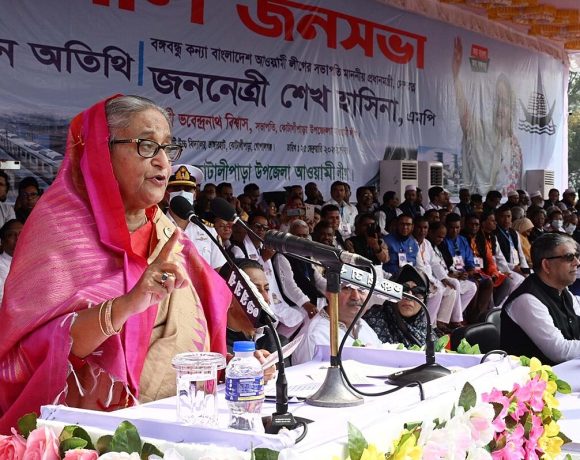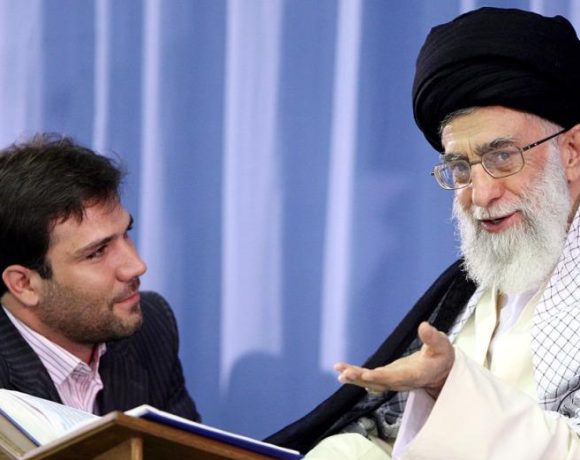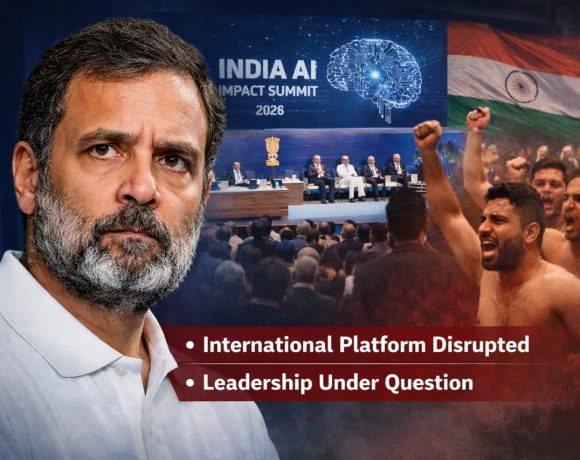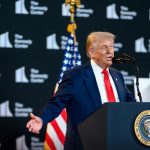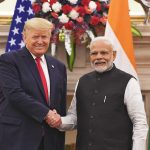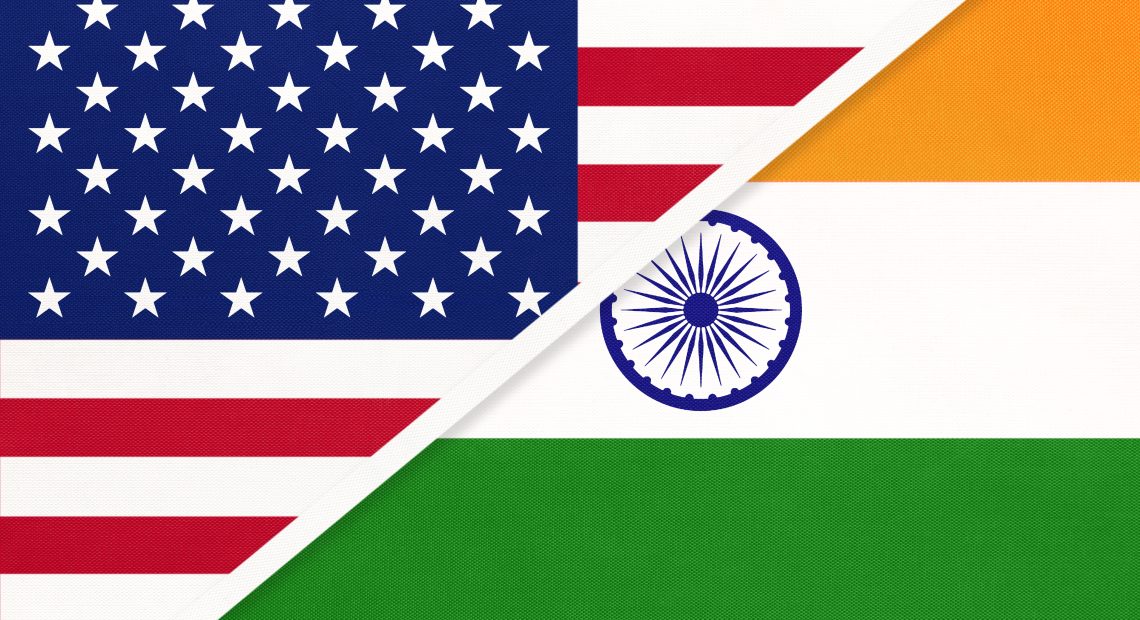
India Retained on U.S. Priority Watch List Over IP Rights Concerns
The United States has once again retained India on its Priority Watch List for alleged shortcomings in the protection and enforcement of intellectual property rights. This designation, made as part of an annual review, indicates continued American concerns over India’s handling of patent processes, legal clarity, and enforcement mechanisms across sectors.
The U.S. assessment highlighted several systemic issues that have remained unresolved over the years. Chief among them is the lengthy patent approval process, which investors say leads to significant delays in the commercialization of innovation. In particular, stakeholders have expressed frustration over the inconsistent interpretation of patent laws and the discretion exercised under the Indian Patents Act, which reportedly creates uncertainty for global companies.
Core Issues Identified in IP Framework
Among the top concerns outlined are:
-
Patent Processing Delays: Long wait times in granting patents have been cited as a deterrent to research and innovation.
-
Ambiguity in Legal Standards: The application of patentability criteria is said to vary, especially in fields like pharmaceuticals and biotech, affecting investment predictability.
-
Weak Enforcement: Ineffective action against trademark counterfeiting, digital piracy, and IP violations, particularly in the e-commerce space, continues to plague multiple sectors.
While India has made efforts through awareness campaigns and bilateral dialogues, the U.S. maintains that these efforts have not yet translated into measurable improvements on the ground.
Trade Implications and Diplomatic Engagement Ahead
India’s continued presence on the Priority Watch List may strain trade negotiations, particularly as both nations engage in broader talks covering technology transfers, market access, and investment protections. Analysts believe that unless concrete reforms are implemented—such as better staffing for patent examiners, stricter anti-counterfeiting enforcement, and clearer legal standards—India could face growing pressure from U.S. stakeholders.
The Indian government has yet to issue an official response, but it is expected that future dialogues will attempt to bridge these differences and preserve the broader economic partnership between the two countries.


